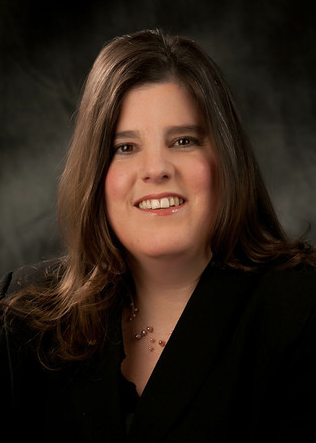 This Tuesday, millions of voters will head to the polls to vote in the midterm elections. Thousands of federal, state and local candidates will be on the ballot along with 146 ballot initiatives in 42 states.
This Tuesday, millions of voters will head to the polls to vote in the midterm elections. Thousands of federal, state and local candidates will be on the ballot along with 146 ballot initiatives in 42 states.
Simply put, there is a lot at stake in this election.
Across the country, ballot initiatives will be decided on criminal justice, minimum wage, legalization of marijuana and health care.
In California, voters will have the opportunity to vote on Proposition 47, the Safe Neighborhoods and Schools Act of 2014, which could be a game-changer in sentencing reform. Passage would change sentencing for low-level nonviolent crimes such as simple drug possession and petty theft from felonies to misdemeanors and direct financial savings to K-12 schools, mental health treatment and victim services.
At the national level, the U.S. Senate may change hands if Republican Senate candidates win the majority.
However, some young people who are 18 or older won't have the opportunity to vote on Tuesday. Some youth will never have the opportunity to cast a ballot. These youth have lost the right to vote even before they were granted it.
Who are these young people?
They are among the estimated 250,000 youth under 18 who are prosecuted in adult criminal courts, instead of juvenile courts, every year. In nearly half the states, there is no minimum age at which a youth can be tried in adult courts, and if convicted of a felony offense, they won't get the chance to vote for a long time, if ever, in most states.
Why?
According to the Sentencing Project, almost every state (except Maine and Vermont) restricts the right to vote for individuals with felony convictions, and youth under 18 with felony convictions in adult criminal court are no exception.
These youth are not old enough to vote. Yet, they are old enough to be tried, incarcerated and sentenced in adult court.
In Virginia, where I live, the law permanently disenfranchises every individual with a felony conviction.
This means that in Virginia, many of the youth who are prosecuted in adult court will become ineligible to vote permanently if convicted of a felony.
In Virginia, African-American youth are disproportionately impacted. While African-American youth make up 20 percent of the youth population, African-American youth are 73 percent of youth transferred to adult criminal court. This contributes to the grim national statistic: 1 out of 13 African-Americans are ineligible to vote.
And this is just one of the collateral consequences of an adult felony conviction for youth. Other consequences include employment and educational barriers, denial of federal student aid, ineligibility for military service and disallowance of federal housing assistance, just to name a few.
Fortunately for some youth, this is starting to change. The Campaign for Youth Justice's latest report on state trends shows steady movement in states passing laws to remove youth from adult courts, jails and prisons.
A few more states are on the horizon.
In New York, Gov. Andrew Cuomo has convened a commission to study and make comprehensive recommendations for the 2015 legislative session.
Missouri also has a statewide task force on juvenile justice reform that will make recommendations by the end of this year for the 2015 legislative session.
And the District of Columbia is currently considering the Youthful Offender Accountability & Rehabilitation Act to remove youth from adult court and adult jails.
But more states must follow suit.
These needed reforms can't come soon enough. After Tuesday, the 2016 elections will be right around the corner.
Liz Ryan is a campaign strategist, youth justice policy expert, and civil and human rights advocate. Follow Liz on Twitter @LizRyanYJ.
